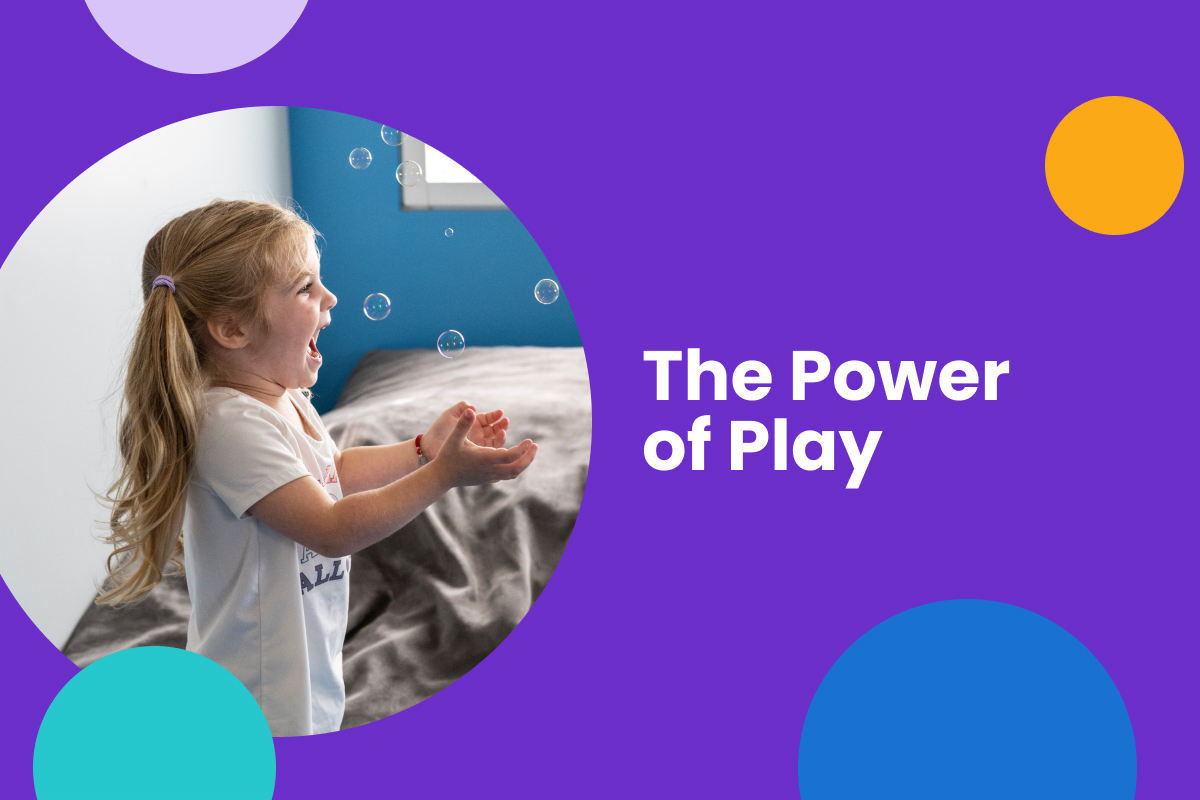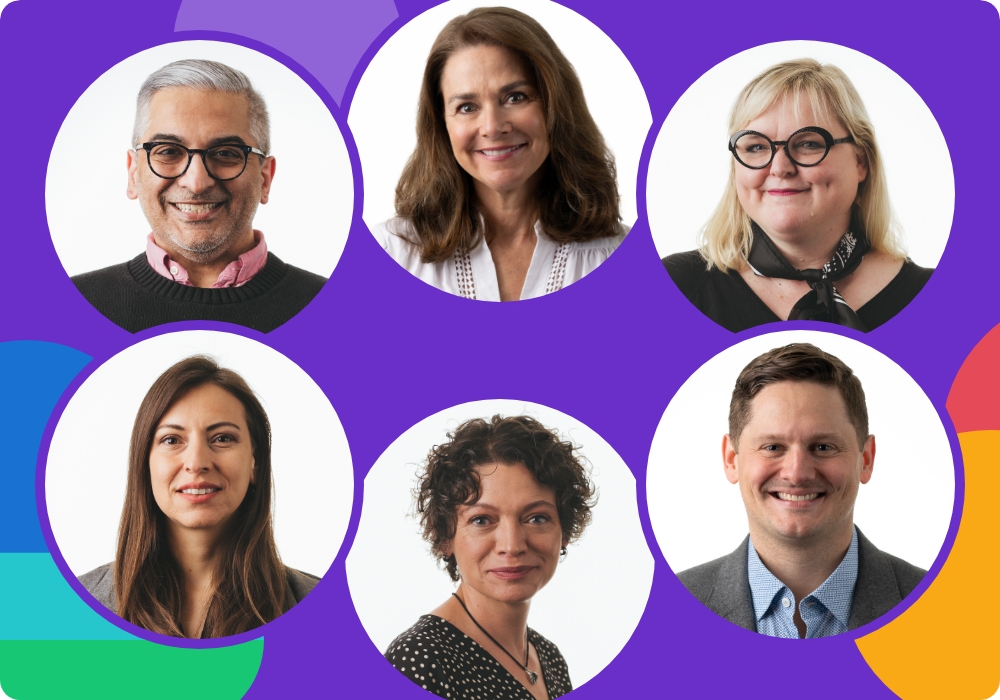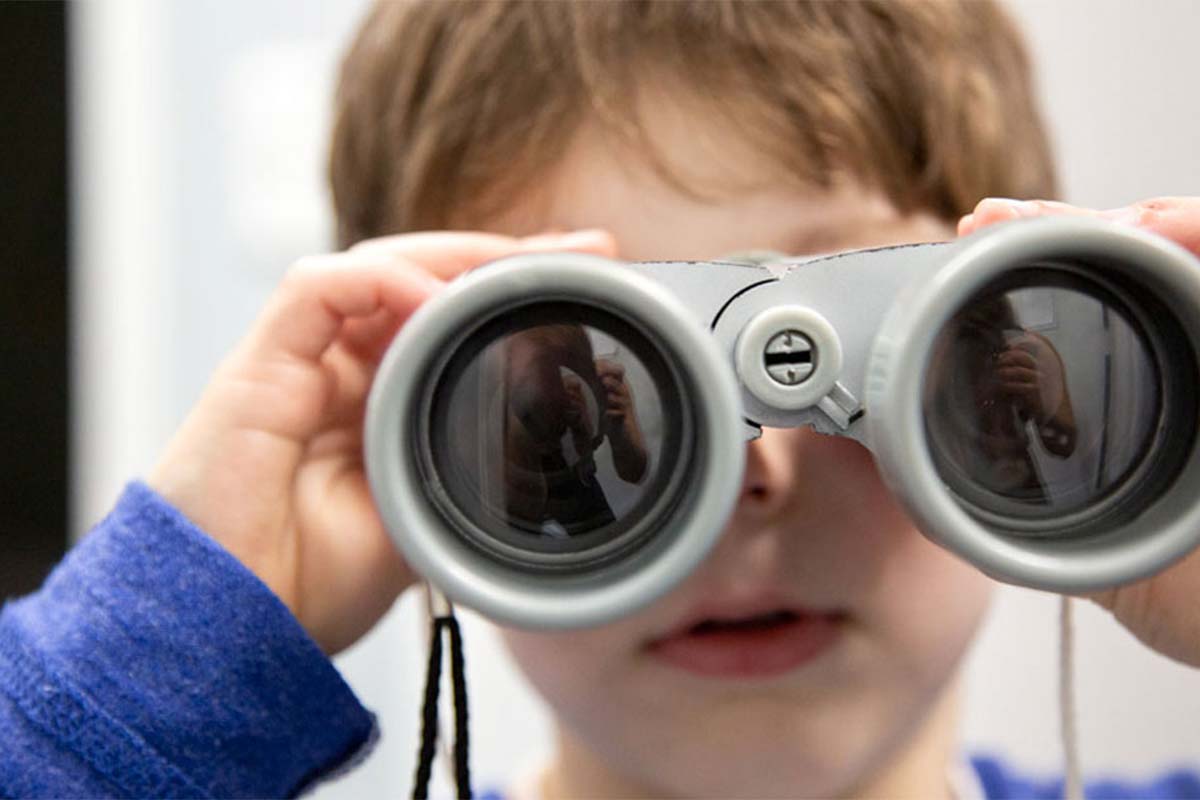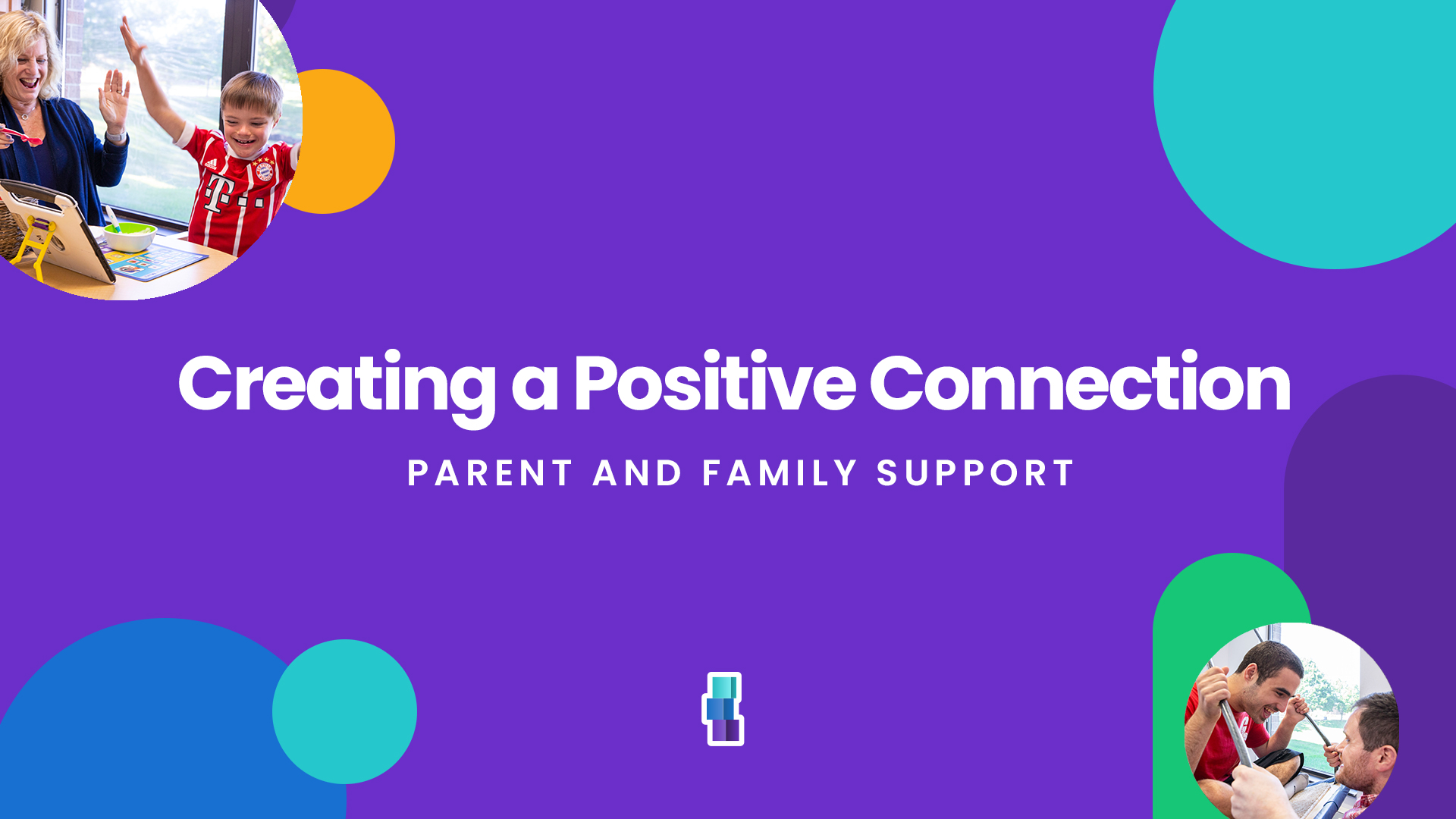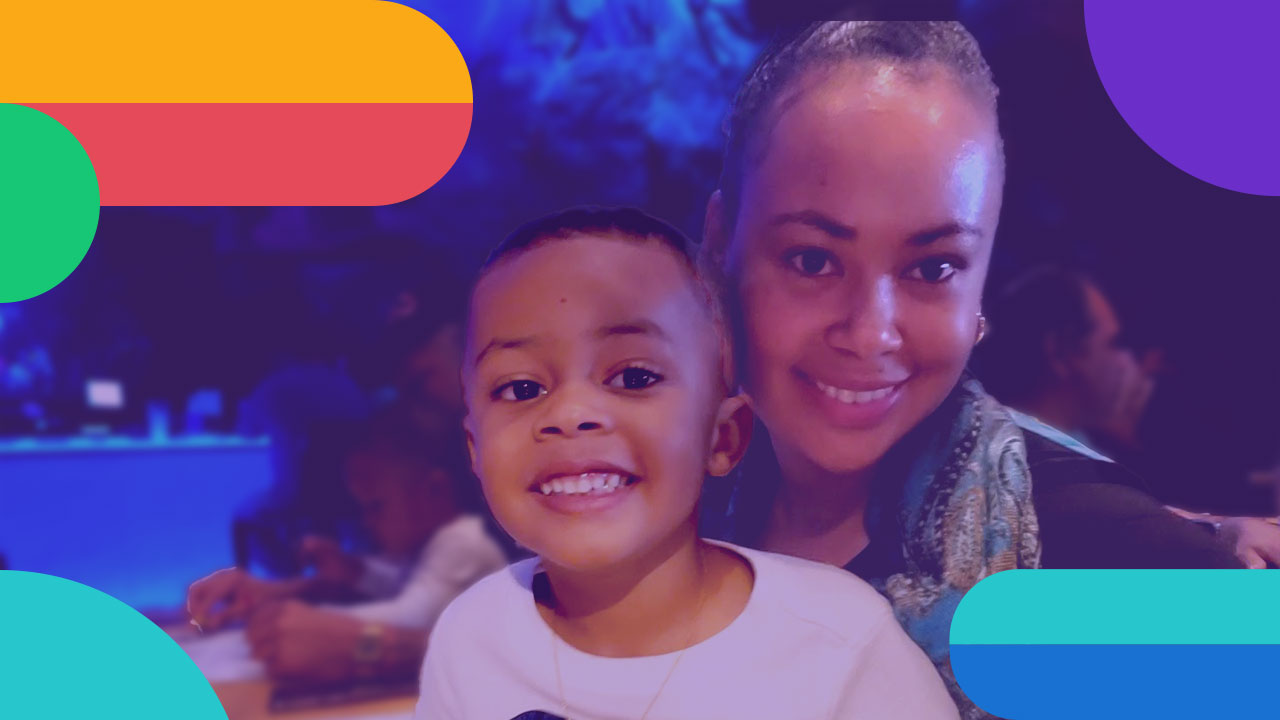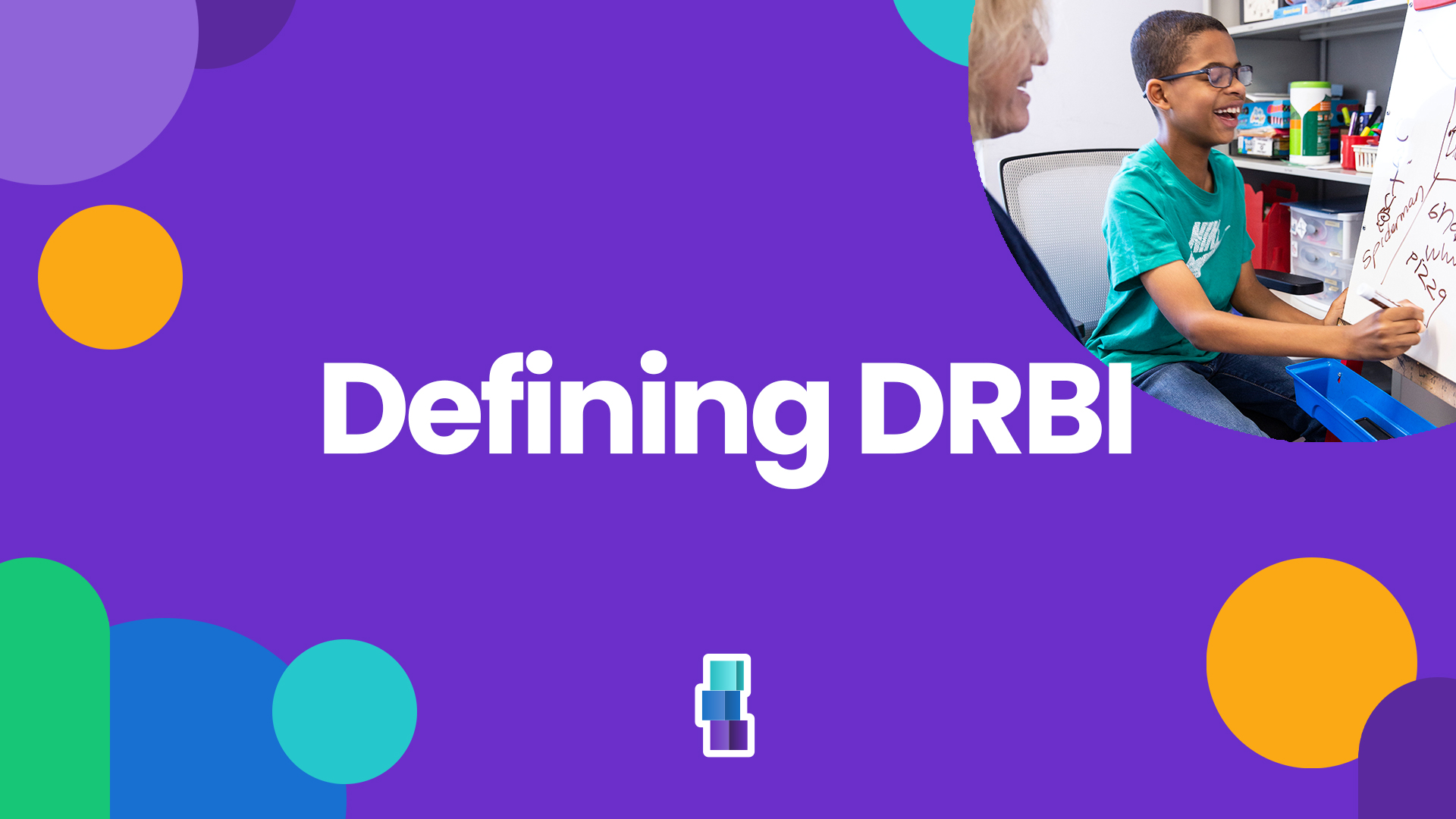%2520(1).png)
Thank you for attending our Autism and Social Work webinar! We tried our best to answer as many questions as we could during the live Q&A session, but we ran out of time. There were so many excellent questions that came in that we decided to put together this handy recap, including links to learn more. We hope you find this helpful!
Will the webinar be recorded?
Yes! You can access the recording here.
General information about autism
Could you describe different examples of autism spectrum features?
Is it common for a parent to have autism too? How do you help in those cases?
- Yes. Due to the large part genetics play in autism, it is likely that autism runs in the family.
- Watch: Our Stories: Autistic Parents Panel
- Read more: Creating Positive Connection: Parent and Family Support
About Positive Development's support model
Is the Developmental Relationship-Based Intervention (DRBI) model specific to your organization or used by other organizations in this field?
- There are many therapists/organizations who follow a developmental approach. Many may use a specific model (Ex- DIR/Floortime; CERTS; PLAY Project, etc.), but it all falls under the umbrella of DRBI. What sets Positive Development apart, is we are the first organization to advocate for insurance coverage using a developmental model of care.
- The developmental model was established in the 1970's by Dr. Stanley Greenspan and Dr. Serena Wieder.
- Read more: DRBI Defined
I hear that you work closely with autistic children. Do you work with autistic adults as well?
- At this time, our services are primarily for children 0-18. In some locations, we serve up to age 21.
How might the approach to working with children with autism as a LCMH or LCSW be different from a job as a BCBA or practicing ABA?
- Using a developmental model of care differs from a behavioral approach in many ways across our clinical model (for LCMH, LCSW, SLPs, OTs, and beyond!).
- We look beyond behaviors to focus on the whole child. We follow the child’s lead, interests and intent instead of bringing our agenda into any given session. We focus on developing relationships instead of focusing on compliance. We seek to understand the ‘why’ behind behaviors and view behaviors as communicative intent as instead of just focusing on ‘extinguishing undesirable behaviors.’ We work with a transdisciplinary team (including the parents) to understand the entire child and to increase generalization across settings.
- We are also neurodiversity affirming. We aren’t here to ‘change anyone’ but instead want to support everyone to reach their fullest potential.
Do you partner with schools and teachers to make sure children’s needs are met?
- We partner with school districts in many ways.
- Read more: Therapeutic Support for Autism in Educational Environments
Are there affordable opportunities for low-income individuals and families?
- Yes! This is one of our biggest goals: To make developmental care affordable across the country.
- We have Medicaid contracts currently in Illinois, New Jersey and Oklahoma. We are in development with payers in other states as well.
- We also partner with regional centers (CA) and scholarship organizations (FL) to help families afford care.
- Read more: Positive Development and Meridian Health Plan of Illinois Partner
Careers at Positive Development
Do you have to have a certain major to work as a Developmental Paraprofessional (DPP)?
- No. All majors are welcome.
- Some of our longtime DPPs were biology, engineering and theatre majors!
How open these positions are to undergrads?
- Our Developmental Paraprofessional (DPP) role only requires 2 years of college experience in many locations so current undergrad students are encouraged to apply and are often hired for our roles. Some locations just require a high school degree.
Does the entry level position require a master's degree?
- No, the entry level position requires some experience either working with or volunteering with children/adolescents, a valid driver’s license, reliable transportation, 2 years of college preferred, and at least a 6-month commitment.
How do you train workers who are new to the field?
- Our beginning training program is 3 weeks with a combination of self-led training (prerecorded training videos) and participating in a live cohort training with a clinician.
- You will also receive on-the-job training and support with the case manager for the client you are assigned to.
- On-going training opportunities are constantly being developed and offered by our internal training team.
- Read more: Positive Development & Profectum Foundation Partner in Training Program
What if I have my bachelor's/master's degree?
- The hourly range offered for the DPP role takes into account your level of education and experience. If you do have a bachelor's or master’s degree, you would qualify for a higher hourly rate.
- The Case Manager role requirements vary by market. A master's degree is preferred but having a bachelor's and being enrolled in a master's program for some locations is ok. Experience with Autism is also required. Please reach out regarding your specific location.
- Other clinical opportunities include Mental Health clinician, Speech Pathologist and Occupational Therapist. These positions require a master's degree and for you to be fully licensed and credentialed.
Can I be a DPP and still go to school full time?
- Yes. Most DPPs work 6-10 hours a week. This is an ideal job to gain some experience working in the field as you finish your degree.
If you were trying to get employed after grad school and earning your LCSW, what are some different job options that you offer?
- The Case Manager role would be an option before getting your license.
- Our Mental Health Clinician would be another option, once you have your license.
Is it possible I can work remotely from home?
- Our clinical positions are not offered remotely at this time.
- Feel free to look at our website as we sometimes have nonclinical roles that are offered remotely.
Are there any positions that don’t require a driver's license?
- Many who work in various positions at Positive Development work remotely. Most clinical positions do require in-person components, but as long as there is reliable transportation, a driver's license is not necessarily required.
Neurodivergent hiring practices
Do you have any Autistic people on your team/that work with you?
- This is not something we publicly track to protect the confidentiality of our staff.
- However, we can share that several of our employees are parents of autistic children.
- Read more: Why We Understand Neurodivergence and the Usefulness of Our Model So Deeply
What steps have you taken to ensure that you create an environment that is also adaptable to autistic employees (versus setting neurotypical workplaces as the norm)?
- From a work culture standpoint, examples include not requiring employees to be on screen or make eye contact, making sure closed captioning and live transcription is available, hosting employee resource groups, etc.
- We also offer remote work stipends to employees to make sure they can adapt their work and workspaces to their own personal needs.
- We strive to ensure that our employee brand, visuals, and copy are adaptable to neurodivergent employees by working with self-advocate consultants to support our internal and external communications.
To what degree do you seek out and recruit autistic social workers?
- While we don’t seek out autistic social workers specifically, we welcome and encourage neurodiversity throughout our organization and provide reasonable accommodations to support success!
How to apply
Contact Andrea Johnson at Anjohnson@positivedevelopment.com if you are interested in applying. Share that you attended this webinar.
To learn more about our open positions, visit our Career page. Even if you don't see a position and/or location available today, please stay connected with us because we're growing!
- Read more: 6 Strategic Steps to Landing a Job as a Developmental Paraprofessional
- Read more: What It’s Like: Working as a Developmental Paraprofessional at Positive Development
- Read more: Positive Development: Cause and Community Is Our Core
Language Lessons
We appreciated the feedback self-advocates shared regarding the language we used. It's important for us all to keep learning and supporting autistic people as we seek inclusion for all.
- Read more: Let’s Discuss Our Language
If you have any further questions or comments, please email hello@positivedevelopment.com. Thank you!


.png)
